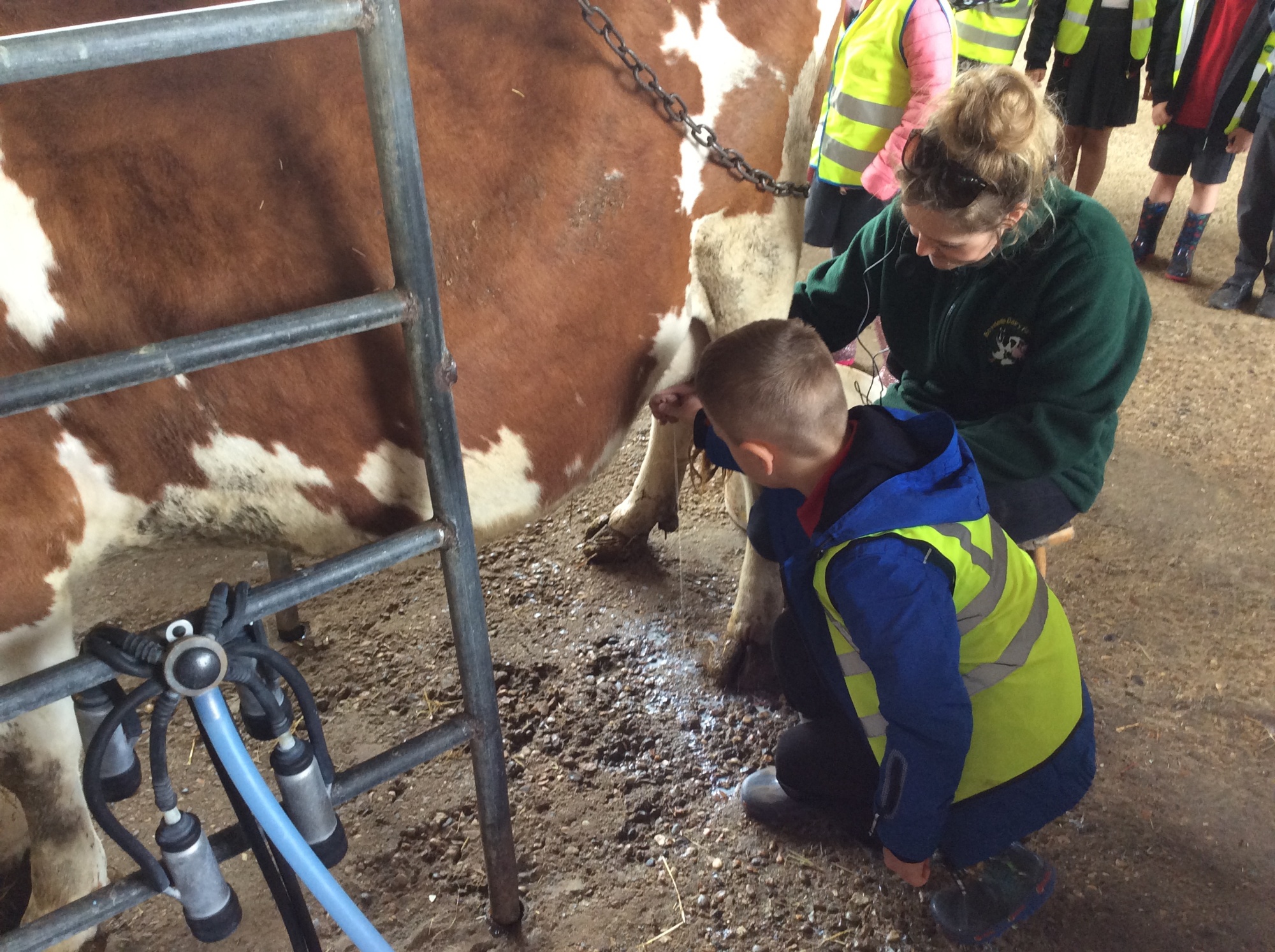Curriculum Intent
The Curriculum at John Ray Infants.
Our Curriculum Intent (The what and the why)
“A framework for setting out the aims of a programme of education, including the knowledge and understanding to be gained at each stage” Ofsted Framework 2019
In the Summer term of 2019, we re-designed our curriculum to reflect the needs of the children at our school. We began with the individual child and what we wanted them to learn about themselves. We then widened our learning intentions to develop their understanding of Braintree and the locality around our school, and finally, to the wider world.
We thought long and hard about the skills our children needed to learn and then, with input from the staff and children, we re-worked our themes to reflect the areas we had identified the children needed to work on the most. (see below attached intent document)
Each topic builds upon skills previously taught and uses the local environment to enhance what is being taught within the classroom. Each topic begins with a starting hook, is then reignited mid-way through the term with a reframing activity and then ends with a clear and purposeful finish task, routed in practical ‘real life’ experiences.
Subject and Year Group leads have developed their planning to ensure that the children are taught the basic skills they will need to become successful learners. This is modelled through our Learning Spoons which visually demonstrate these skills to the children and are as follows:
* The Concentrating Cat
* The Co-operating Caterpillar
* The Reflective Owl
* The Persevering Pig
* The Resilient Rabbit.
It is our intention to provide every child with the basic skills which will ignite their enthusiasm for lifelong learning and prepare them for a future where there is no ceiling placed on their potential to be successful.
In addition to the day to day teaching which takes place, we pride ourselves on supplementing our formal curriculum with a wide range of extra-curricular opportunities for the children in Key Stage One. These opportunities extend the children's knowledge and understanding and improves their skills in a range of artistic, creative and sporting activities. Examples of the extra-curricular activities on offer this year include Gardening, Art, Coding, Dodgeball, Olympic Sports, Cooking and Cross Country.
Curriculum Action Plan September 2019
Our intent for Reading and Phonics
Reading is a fundamental part of everything we do at John Ray Infants as it is the skill that underpins everything that is taught and opens the door to learning across the curriculum.
Carefully chosen high quality texts support the development of reading skills. These are taught explicitly in all year groups.
The use of whole class texts supports the development of decoding and comprehension skills. We want the children to develop a love of reading for pleasure and we do this through developing strong links with our local library, ensuring our own library is well-stocked and well organised and ensuring that there is a welcoming reading corner in every class.
All staff are encouraged to read to the children regularly to ensure that they are familiar with both traditional and new texts. By the time the children leave John Ray Infants, they will be familiar with all texts on our non-negotiables reading list. (one for each year group)
The children will learn to read through a wide range of different reading schemes which are accessible in all classes.
From September 2019, our main phonics and reading scheme in EYFS will be Storytime Phonics which is underpinned by the principles of Letters and Sounds.
Our Intent for Writing
Writing is taught through a range of exciting stimuli which includes books, film clips, artefacts, visitors and real life experiences. We strive to provide the children with opportunities to develop a rich vocabulary that will help them bring their writing to life. Basic skills and non-negotiables underpin writing in all areas of the curriculum.
Teachers and LSAs are expected to model the writing process and demonstrate the high standards expected of all children.
Handwriting is taught through a structured system which starts with developing both gross motor and fine motor skills through carefully structured activities in EYFS and moves onto the PenPals handwriting scheme.
Our Intent for Maths
In maths, children develop their mathematical skills through a Mastery approach using the White Rose Maths Hub. Children are provided with regular opportunities to take risks and to learn new maths skills through real life problem solving such as buying ingredients for a cooking activity. The children will regularly work in mixed ability groupings.
The children develop their mental maths recall through The Maths Meeting approach, a quick fire session which develops the children’s recall of number order, days of the week, months of the year etc.
John Ray Infants is part of the Maths Hub which ensures we stay up to date with teaching methods.
Our Intent for Science
At John Ray Infants, we understand that children are naturally curious and we encourage this inquisitive nature throughout their time with us.
Science fosters a healthy curiosity in children about our world and promotes respect for the living and non-living. Through the National Curriculum science programme of study document, children will acquire and develop skills through a well-planned, engaging and practical science curriculum.
We ensure that ‘Working Scientifically’ skills are developed through a clear progression so that the children become confident:
- Using a range of scientific equipment.
- Conducting experiments and understanding the importance of fair testing.
- Explaining scientific concepts using appropriate vocabulary.
- Asking questions and being curious about their surroundings.
Some science concepts will be taught as stand alone sessions but wherever possible, science will be incorporated into carefully chosen topics and themes throughout the year.
We will continue to monitor the impact of our curriculum each term through regular reviews of what we have taught. This will be done through discussions with our children, in Staff Meetings and through our Parent Council.

